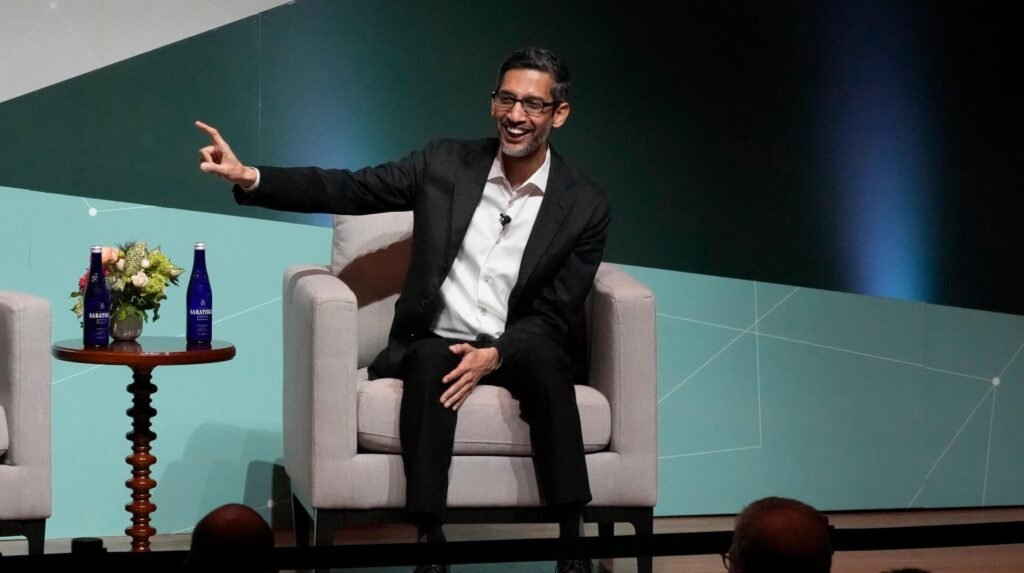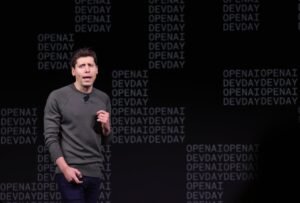Google blocks California websites in fight to pay for news

Google has started blocking access to news media in California for some users in the state, according to a report from the tech giant on Friday. This move comes as a response to proposed legislation that would require the company to pay some publishers for their content, a so-called “link tax”.
Known as the CJPA, the bill was passed by the lower house of California, known as the Assembly, but still needs to be approved by the state Senate and signed by Governor Gavin Newsom to become law. Newsom has not yet issued an opinion on the legislation.
Google has issued threats in the past when similar proposals were made in countries like Spain, France, and Australia in recent years. While Google complied with the law in each jurisdiction, Facebook’s Meta has taken a different approach by abandoning news services entirely.
Google acknowledged the battles it has faced in other countries, mentioning that it has paid millions to publishers. The company argues that the proposed legislation in California would create financial exposure that no company could accept.
The debate surrounding the CJPA revolves around who would benefit from the legislation. Critics argue that it would primarily benefit large media organizations, but others point out the benefits these organizations bring in terms of employment, investigative journalism, and traffic for tech platforms.
Ultimately, the issue at hand is the power that companies like Google and Facebook have over the news people consume worldwide. These companies have the ability to control access to news content, which raises questions about the role of government in maintaining sustainable journalism models.




